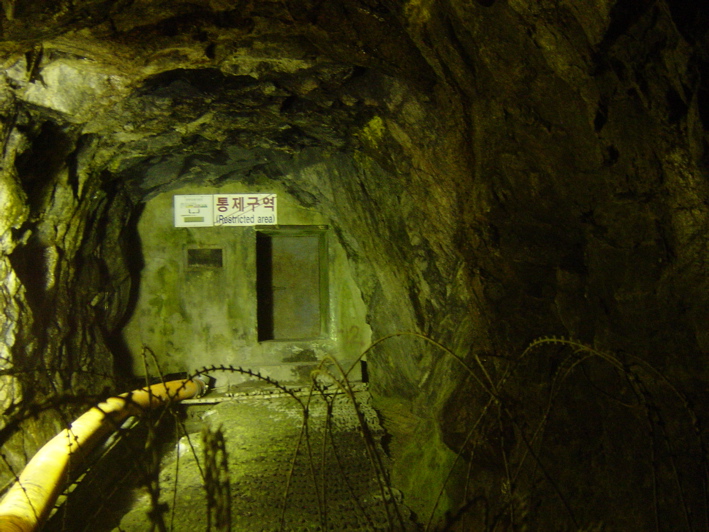What this makes me think of most of all is the dilemmas that will be facing the government of South Korea if the DPRK ever collapses. The DPRK is much poorer and more backwards than the GDR ever was. They’ve been separated for longer. South Korea is smaller relative to North Korea than West Germany was to East Germany. And South Korea is also poorer than West Germany. All told, I think there’s ample reason to believe that the South couldn’t really manage a reunification process. Which is something their government seems to realize without quite admitting—their official policy is reunification, but in practice they fear a DPRK collapse. And they’re right to fear it. But political debates about North Korea policy aside, the fact of the matter is that that horrible regime can’t last forever. And I think it would make sense for a broader international community to start thinking about what we can do to support a transition process that’s going to be too big a task for South Korea to shoulder on its own.This is obviously correct (or at least the conventional wisdom). But this leads to further questions about the North Korean regime and their goals. Do they plan on reunifying the country by force? It has long been said to be the case, and some of the evidence from the '90s would suggest they were still planning that even then.
 However, it's impossible to tell the overall plans of the North Korean government. They occasionally "turn up the crazy" with regards to South Korea (such as abducting the fishermen who accidentally crossed the border) but there has not been any real incursion in some time.
However, it's impossible to tell the overall plans of the North Korean government. They occasionally "turn up the crazy" with regards to South Korea (such as abducting the fishermen who accidentally crossed the border) but there has not been any real incursion in some time. Any remotely sane observer in North Korea would have to notice that the utter failure of their experiment in Stalinism is much more likely than any reunification on the North's terms. This then should lead to a "status quo" desire by the regime. So, what accounts for the various provocations that do erupt occasionally, such as the nuclear program or the kidnappings?
Some would just dismiss North Korea, or just Kim Jong-il, as crazy. It's easy to do, and doing so then justifies any possible militaristic posture, because "they're so crazy they could do anything!" However, this ends up being pretty absurd.
On the other hand, there is always the mirroring problem, where those studying the DPRK might be too ready to impart our own thinking on them. However, it really seems to me that there is some kind of overall method to the madness (much like there was a theory behind Nixon's "madman theory").
I wonder if American intelligence has an insight that those of us in the Open Source world are lacking. I hope so.

No comments:
Post a Comment